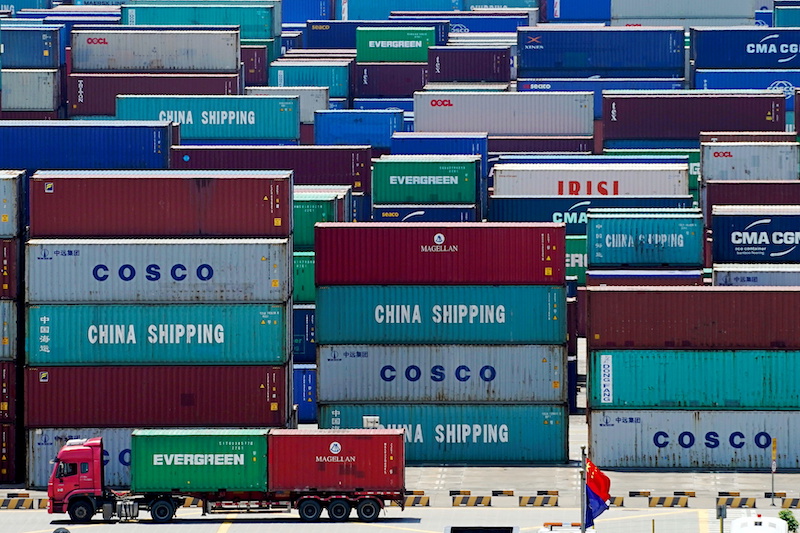(AF) With more of its economies joining the post-pandemic upswing, the Asian recovery is gaining strength led by its leading nations building breadth and improving their productivity, says Morgan Stanley in a note published on Sunday.
Underpinning this recovery are the best productivity dynamics since 2007, as well as a sharp lift-off in exports, both of which are recovering faster than the previous three cycles, the report added.
This strong productivity, aided by the significant rebound in consumption and private capital expenditure, offers a convincing argument for a self-sustaining recovery, says Morgan Stanley’s analysts.
“Notwithstanding continued restrictions and successive waves of outbreaks, Asia has staged a good recovery in 2021. Strong global demand has lifted Asia’s exports to the strongest growth rates since 2017,” the report said.
North Asia Lead The Way
According to Morgan Stanley, consumption, which has been a laggard thus far, is now entering rebound, thanks to high vaccination rates, with nine out of 12 Asian economies achieving full vaccination rates of 80% or more in three months.
Policymakers across the region have also begun to develop measures to deal with Covid as an endemic problem, gradually easing Covid-related prohibitions.
North Asia has led the recovery, according to the report, with economies such as Japan, South Korea and Taiwan contributing to a surge in growth that is expected to last until 2022.
The reopening in North Asia has boosted not just demand but also supply, raising output levels and allowing these nations to participate in the global trade boom.
However, while China, the largest Asian economy, has begun to recover as well, a boost in growth is expected only from Q1 in 2022, due to its ‘zero-Covid’ approach.
However, accelerated infrastructure spending, and a reset of mortgage lending limits and energy intensity objectives, are also expected to follow soon in China, according to the multinational investment bank.
Inflation Risk Persists
Against the backdrop of a more broad-based recovery, Morgan Stanley also expects Asian inflation to pick up moderately in 2022, to 2.3% YoY – versus 1.7% YoY in 2021).
The moderate starting point of inflation and expectations that inflationary pressures coming from the supply side and higher oil prices should moderate over time, should keep headline CPI within Asian central banks’ target range, even as demand-side pressures build and core inflation rises, the report said.
The upside risks to inflation would come from a stronger-than-expected rebound in consumer demand after reopening.
China property market problems, the external demand environment, and the US Federal Reserve’s policy path have also been pointed out as other risks by the investment bank.
It fears that if the spillover risks from China’s property market are not contained by decisive policy action, if external demand weakens significantly and, if US inflationary pressures persist and remain above the Fed’s goals for longer, it could lead to faster and sharper rate hikes threatening the nascent recovery.
Self-Sustaining Cycle
Nevertheless, over the next two years expected strong external demand conditions could provide the right kind of fuel for Asia’s growth engine, Morgan Stanley said.
A strong external demand and positive spillover effects to capital expenditure will trigger a self-sustaining cycle, that in some ways could resemble Asia’s growth story of 2003-07, with productivity playing a larger role.
Propelled by external demand, a red-hot capital expenditure cycle is already taking hold across the region that could result in the Asian recovery gaining momentum in 2022, with stronger sequential growth rates, the report said.
“In 2022, we predict aggregate Asian growth of 5.4%,” the research said, adding that its forecasts are more positive than the mainstream, notably for China, India, Indonesia, South Korea, Taiwan, and Australia, it added.
- By Indrajit Basu
Read more:
Japan Shrinks More Than Expected In September Quarter
Asia Markets Edge Up as Recovery Confidence Outweighs Delta Fears
























